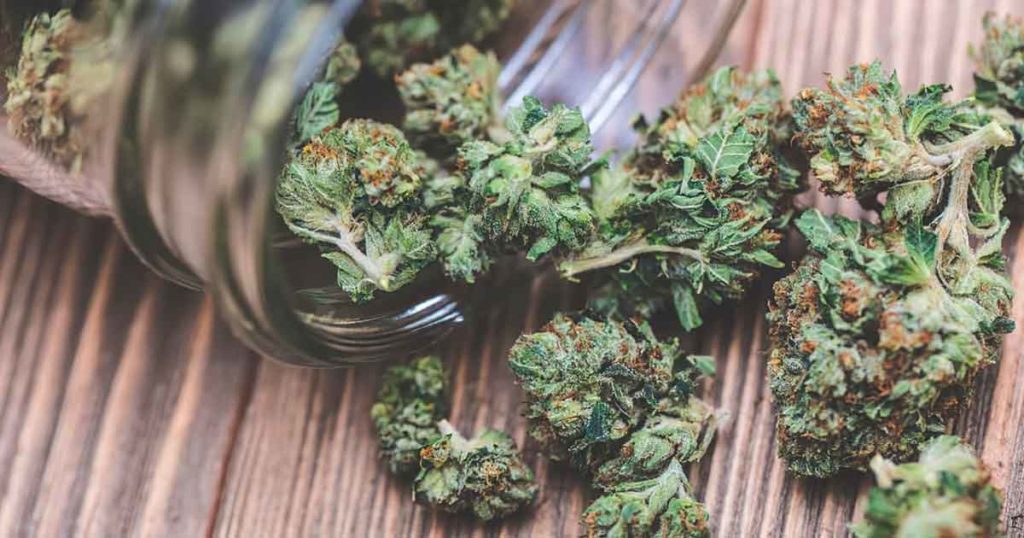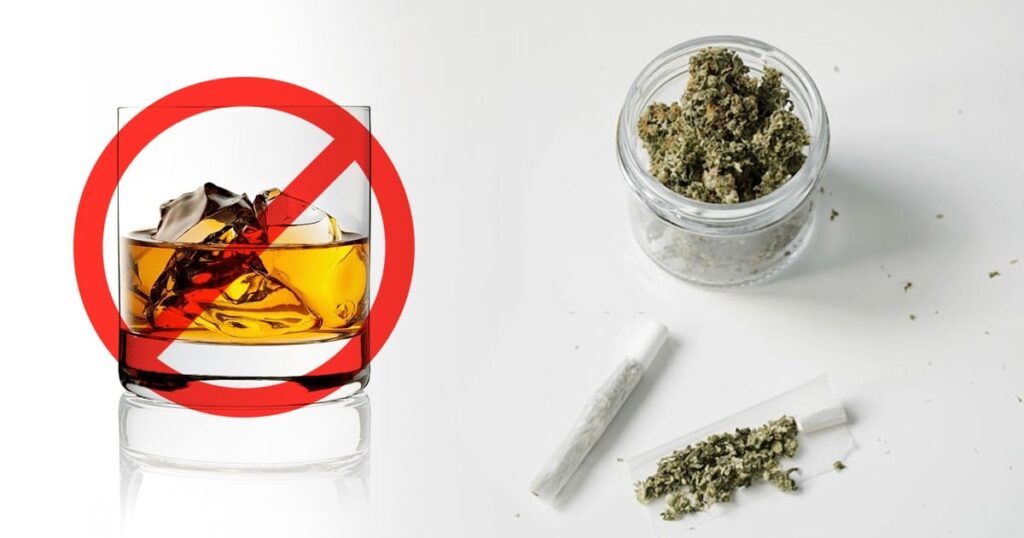A recent federally-funded twin study has revealed that individuals in legal cannabis states using legal recreational cannabis showed lower rates of Alcohol Use Disorder (AUD). News sources also reported that the study showed fewer related AUD symptoms experienced by individuals residing in states where cannabis is legalized than those in states where it is not. Subsequently, individuals are moving away from alcohol and more toward cannabis use.
Study Findings Reveal Lower Levels Of Bad Behavior Associated With Alcohol Use
In a study, published in Psychological Medicine A Journal for Research in Psychiatry and the Allied Sciences, conducted by researchers from the University of Colorado and the University of Minnesota, 240 pairs of twins were studied. In the study, one twin lived in a state that legalized cannabis, and the other twin lived in a state which did not.
The study’s outcome revealed that individuals living in states where cannabis had been legalized had a lower risk of acting in a harmful manner while under the influence of alcohol.
The study concluded that recreational legalization was indeed associated with higher levels of cannabis use and lowered levels of (AUD) symptoms.
Findings also suggested that marijuana legalization caused a 0.11 standard deviation rise in marijuana frequency, while, at the same time, AUD symptoms further lowered by 0.11 standard deviations. These deviations were driven by decreased levels of alcohol consumption associated with physically harmful behavior.

Future Investigation Required Despite Positive Outlook
Study findings and data may still require further investigation. Further studies are needed to look into quantifying the impact of recreational cannabis on alcohol and alternate substance use, as well as quantifying daily functioning. Future studies also need to delve into whether vulnerable individuals are more susceptible to potential adverse effects, and more so than others.
Adding to this, study results that suggest legalization could be linked to higher levels of cannabis use, financial distress, and increased tobacco use still need further investigation. Another study area that needs a deeper look is the suggestion that legalization was not associated with higher cannabis use disorder levels.
Researchers did not find any link between cannabis legalization and an increase in psychosocial disorders. This could be because adult-use marijuana laws increase consumption among infrequent or casual users instead of heavy users. The study revealed that the legal cannabis environment did not worsen cannabis use vulnerabilities.
However, regardless of future research into the matter, it is recommended that prevention and intervention efforts must still be implemented and risk factors targeted.
A Positive Reaffirmation For The Cannabis World
Like every study that sees positive outcomes for cannabis, this study is a positive reaffirmation of the world of cannabis and cannabis use. Despite its limitations, the study is reassuring regarding public health concerns and recreational cannabis legalization. It further helps to separate adverse outcomes and cannabis legalization.
The findings herein reaffirm a global stance that individuals choose the safer, more natural alternative whenever it is presented to them due to its positive benefits.

Enjoyed that first hit? Come chill with us every week at the Friday Sesh for a freshly packed bowl of the week’s best cannabis news!

















